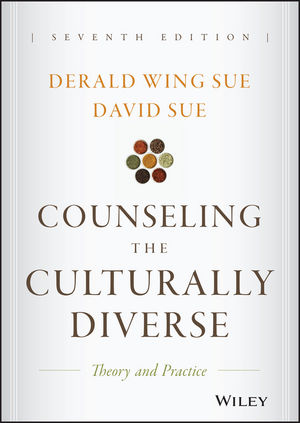Color Stories: Black Women and Colorism in the 21st CenturyPosted in Books, Media Archive, Monographs, Social Science, Women on 2016-01-20 22:16Z by Steven |
Color Stories: Black Women and Colorism in the 21st Century
Praeger
October 2015
198 pages
6.125 x 9.25
Hardcover ISBN: 978-1-4408-3109-6
eBook ISBN: 978-1-4408-3110-2
JeffriAnne Wilder, Associate Professor of Sociology
University of North Florida, Jacksonville, Florida
Colorism continues to impact women of African descent in a new generation and century.
This book offers an in-depth sociological exploration of present-day colorism in the lives of black women, investigating the lived experiences of a phenomenon that continues to affect women of African descent.
Race still matters. And for black women, the related issues of skin tone are just as important today as in decades past. Part cultural commentary, part empirical analysis, this book offers a compelling study and discussion of colorism—a widely discussed but understudied issue in “post-racial” America—that demonstrates how powerful a factor skin color remains in the everyday lives of young black women. Author JeffriAnne Wilder conducted interviews with dozens of young black women about the role of colorism in their everyday lives. Collectively, these findings offer a compelling empirical and theoretical analysis of colorism in key areas of 21st-century life, including within family and school settings, in the media, and in intimate relationships.
The culmination of nearly two decades of the author’s deep entrenchment in colorism studies, Color Stories: Black Women and Colorism in the 21st Century provides a new perspective on a controversial issue that has been a part of black culture and academic study for generations by exploring how the contemporary nature of colorism—from Facebook to the First Lady to Beyoncé—impacts the ideas and experiences of black women. This work serves as essential reading for anyone interested in learning more about the historical and contemporary significance of colorism in modern-day America, regardless of the reader’s race, sex, or age.
Features
- Presents a contemporary sociological analysis of the issue of skin-tone prejudice and discrimination and the unique social and cultural implications for black women in today’s society
- Provides readers with a vocabulary for understanding and discussing the unique features and characteristics of colorism in the 21st century
- Supplies scholarly analysis balanced with thought-provoking testimony from more than 60 black women between the ages of 18 and 25 on how color matters in their daily lives
- Offers concrete strategies for change and empowerment in dismantling the paradigm of colorism






